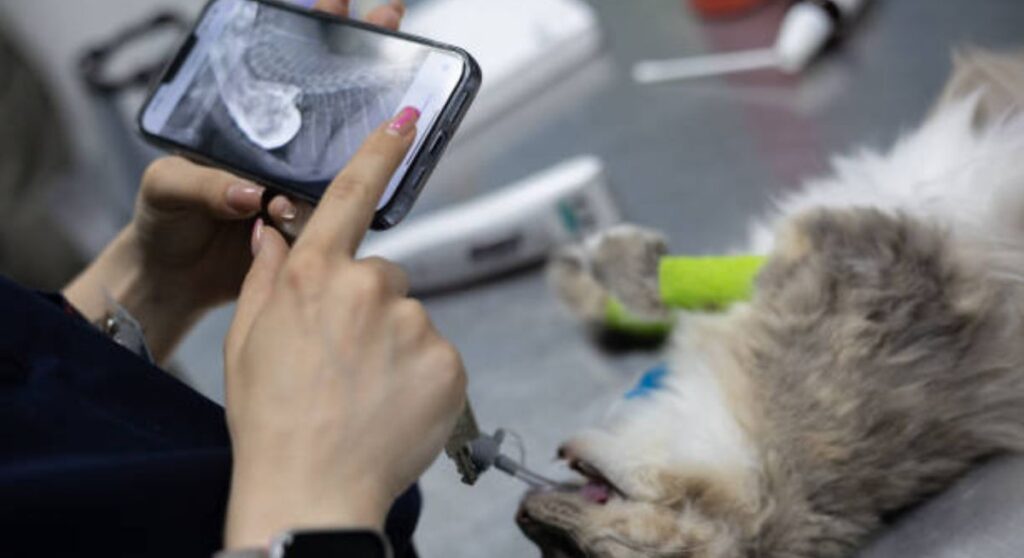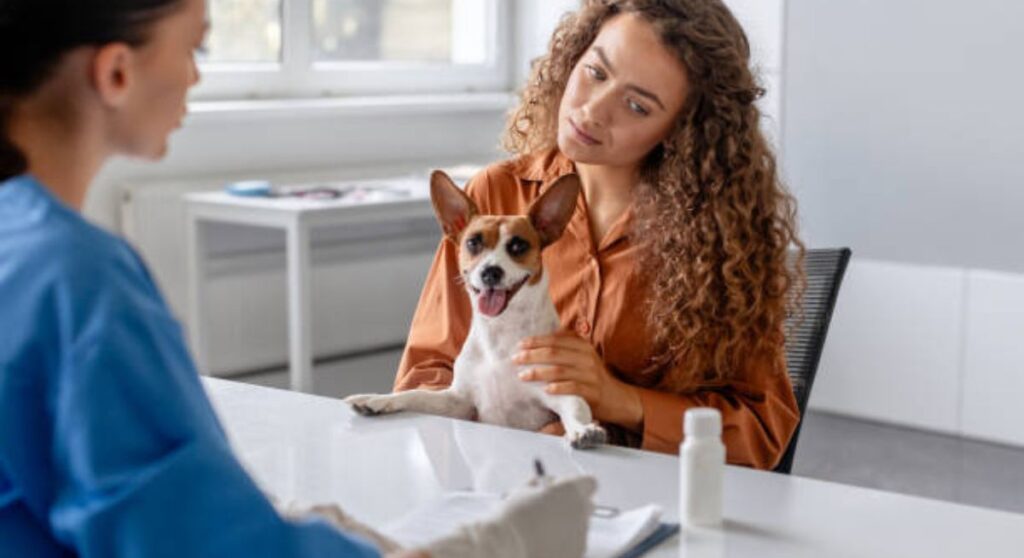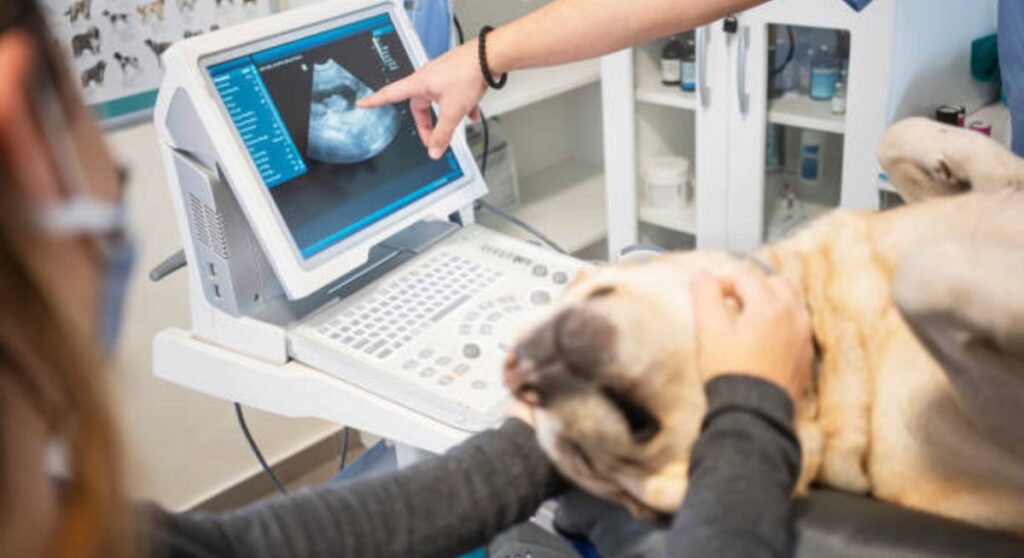Introduction:-
10 Essential Pet Hygiene Tips Every Owner Should Know
Maintaining your pet’s hygiene is essential for their health, happiness, and overall well-being. Proper hygiene prevents diseases, keeps your home cleaner, and ensures you and your furry friend enjoy a healthier bond. Here are ten essential pet hygiene tips every pet owner should follow:
10 Essential Pet Hygiene Tips

1. Brush Your Pet Regularly
Regular brushing removes dirt, debris, and loose hair, preventing matting and skin irritations. For dogs and cats, choose brushes suited to their coat type. Brushing also helps distribute natural oils, keeping their coat shiny and healthy.
2. Bathe Your Pet Correctly
Bathing frequency depends on your pet’s breed, activity level, and coat type. Use pet-friendly shampoos to avoid skin irritations. Overbathing can strip natural oils, so aim for once a month unless otherwise advised by your vet.
3. Clean Their Ears
Dirty ears can lead to infections, especially in floppy-eared pets like Spaniels. Use vet-recommended ear cleaning solutions and check for redness, bad odors, or excessive wax buildup.
4. Maintain Oral Hygiene
Dental health is crucial. Brush your pet’s teeth with pet-safe toothpaste at least 2–3 times a week. Provide dental chews and schedule regular vet checkups to prevent gum diseases.
5. Trim Their Nails
Long nails can cause pain and affect your pet’s gait. Use pet-specific nail clippers, and trim just the tips to avoid cutting the quick. If unsure, seek professional grooming assistance.
6. Keep Their Bedding Clean
Dirty bedding can harbor bacteria, fleas, and odors. Wash pet beds, blankets, and toys weekly with mild detergents to ensure a healthy environment for your furry friend.
7. Check for Parasites Regularly
Fleas, ticks, and worms can lead to serious health issues. Use vet-recommended preventatives and inspect your pet’s skin and fur for signs of infestations.
8. Clean Food and Water Bowls Daily
Unwashed bowls can become breeding grounds for bacteria. Use stainless steel or ceramic bowls as they are easier to clean and less likely to harbor germs compared to plastic.
9. Groom Sensitive Areas
Keep your pet’s eyes, paws, and anal area clean. Wipe around their eyes with a damp cloth to prevent tear stains and clean paws after outdoor walks to remove dirt and potential toxins.
10. Schedule Regular Vet Visits
Routine checkups are essential to detect and address hygiene-related health issues early. Your vet can recommend specific grooming practices based on your pet’s breed, age, and health condition.
Essential steps to prevent fleas, ticks and worms on pets

Parasites like fleas, ticks, and worms can cause discomfort and lead to serious health issues for your pets if left unchecked. Preventing these pests is crucial for your pet’s well-being and your peace of mind. Here are essential steps to protect your furry friends from these pesky parasites:
1. Use Vet-Recommended Preventative Medications
Flea, tick, and worm preventatives are available in various forms, including topical treatments, collars, oral medications, and injectables. Consult your veterinarian to choose the best option for your pet based on their age, weight, and lifestyle.
2. Regularly Inspect Your Pet’s Coat and Skin
Check your pet’s fur for fleas, flea dirt (tiny black specks), and ticks after outdoor activities. Run your fingers through their coat and pay attention to areas like under the collar, behind the ears, and between the toes.
3. Keep Your Home Clean
Fleas and ticks can thrive in your home. Vacuum carpets, rugs, and furniture regularly to remove flea eggs and larvae. Wash your pet’s bedding weekly in hot water to kill any parasites and their eggs.
4. Maintain Your Yard
Keep your lawn trimmed and remove leaf litter where ticks and fleas often hide. Create a barrier of gravel or wood chips around your yard to prevent pests from migrating from wooded areas.
5. Bathe Your Pet with Anti-Parasitic Shampoo
Use shampoos specifically designed to repel fleas and ticks. Regular bathing can help keep your pet’s coat clean and reduce the risk of infestation.
6. Protect Your Pet During Outdoor Activities
Limit your pet’s exposure to tall grass, wooded areas, and places where ticks are prevalent. Consider using a flea and tick repellent spray when venturing into high-risk areas.
7. Provide Year-Round Prevention
Parasites can be active year-round, especially in warm climates. Stick to a year-round preventative schedule as advised by your veterinarian to keep pests at bay.
8. Monitor for Symptoms of Worms
Common signs of worms include vomiting, diarrhea, a bloated stomach, or visible worms in feces. Deworm your pets regularly as prescribed by your vet, especially if they are outdoor explorers.
9. Treat All Pets in the Household
If one pet has fleas, ticks, or worms, it’s likely the others are at risk too. Treat all pets simultaneously to prevent reinfestation.
10. Schedule Regular Vet Checkups
Routine vet visits can help detect and address parasite issues early. Your vet can conduct fecal tests to check for worms and recommend the latest preventative treatments.
By following these steps, you can protect your pet from fleas, ticks, and worms, ensuring they remain healthy and happy. Consistent preventative care not only shields your pet from discomfort but also helps prevent the spread of parasites to your home and family.
Special Products to Clean Sensitive Areas of Your Pet

Cleaning sensitive areas like your pet’s eyes, paws, and anal area requires gentle, pet-safe products to avoid irritation. Here are some effective products specifically designed for these delicate tasks:
1. Eye Wipes and Cleansers
- Pet-Safe Eye Wipes: Pre-moistened wipes, like Tear Stain Remover Wipes or Arava Pet Eye Wipes, are perfect for cleaning tear stains and debris around your pet’s eyes.
- Eye Rinse Solutions: Products like Vetericyn Plus Antimicrobial Eye Wash are ideal for flushing out irritants or foreign particles.
- Natural Alternatives: Look for eye cleansers with soothing ingredients like chamomile or aloe vera.
2. Paw Cleansers and Balms
- Paw Wipes: Use wipes such as Earth Rated Dog Wipes or Pogi’s Grooming Wipes to clean dirt and grime from paws after walks.
- Paw Washes: Products like Dexas MudBuster Portable Paw Cleaner are excellent for deep cleaning muddy paws.
- Paw Balms: Keep paws moisturized and protected with balms like Musher’s Secret or Burts Bees Paw and Nose Lotion to prevent cracking.
3. Anal Area Cleansers
- Pet-Safe Cleansing Wipes: Use unscented, hypoallergenic wipes such as Glandex Anal Gland Cleaning Wipes to clean the anal area gently.
- Specialized Shampoos: For a deeper clean, use shampoos with natural ingredients like Vet’s Best Hypo-Allergenic Shampoo during baths.
- Disposable Gloves: These can make cleaning more hygienic and comfortable for you.
4. General Multi-Purpose Products
- Chlorhexidine-Based Solutions: Products like Douxo Chlorhexidine 3% PS Pads are safe for cleaning various sensitive areas while protecting against bacteria and fungi.
- Hypoallergenic Grooming Wipes: Look for all-natural options, such as Petkin Itch Stop Wipes, suitable for multiple areas.
Tips for Cleaning Sensitive Areas
- Always use products specifically labeled as safe for pets.
- Avoid using human cleaning products, as they can irritate your pet’s skin.
- Use soft, gentle motions and avoid applying excessive pressure, especially near the eyes or anal area.
- Consult your veterinarian if you notice redness, swelling, or discomfort during cleaning.
- Conclusion
By following these ten pet hygiene tips, you can ensure your furry companion stays healthy and happy. A clean pet is a happy pet, and maintaining their hygiene will not only benefit them but also create a healthier living space for you and your family
References
- American Veterinary Medical Association (AVMA) – Pet Care Guidelines
- ASPCA – Pet Grooming Tips
- VCA Animal Hospitals – Dental Care for Pets
- PetMD – Parasite Prevention
- Read more

